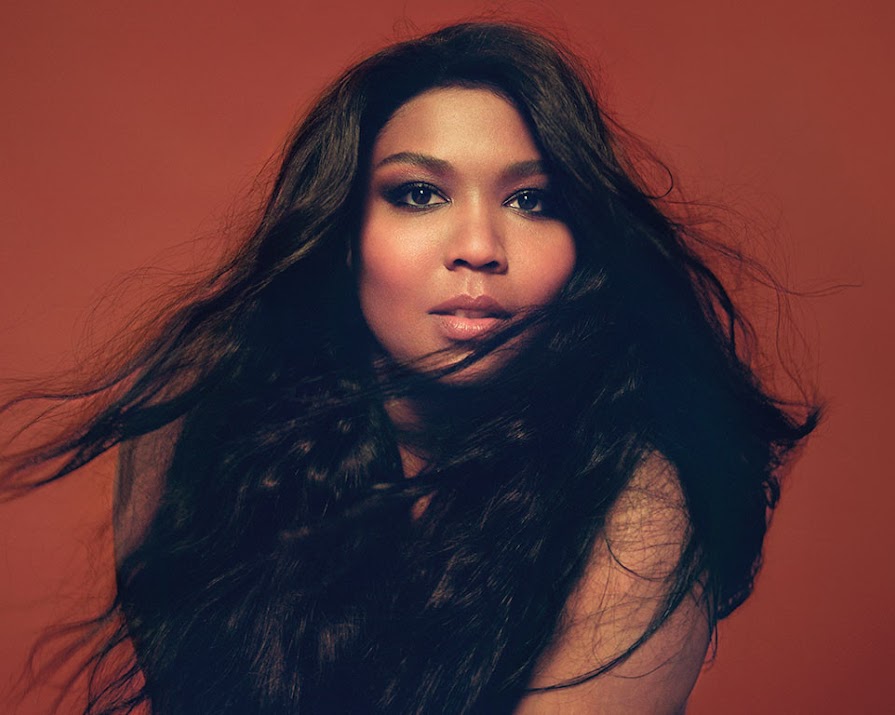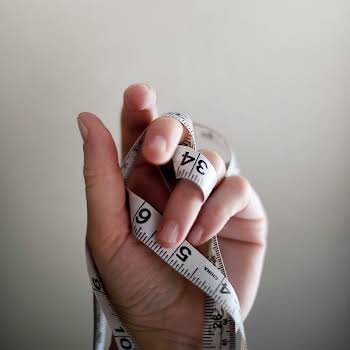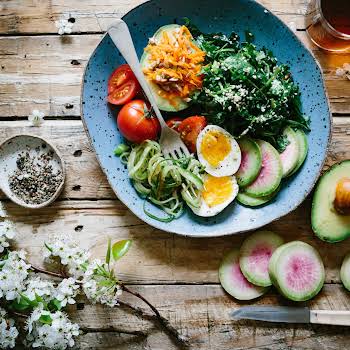
By Jennifer McShane
15th Dec 2020
15th Dec 2020
Ever since Lizzo launched into stardom, she’s been getting hate for simply existing. She’s an incredible performer; a true advocate for loving the skin you’re in. But being a plus-size woman of colour comes with so many battles – and no matter what Lizzo does, the critics come out in droves. Her latest response to those who would shame her for trying to stay healthy is double-standards personified
Whether she’s celebrating her full figure or sharing vegan recipes, there are always people criticising her in the comments. Her immense musical talent should be the focus, but when she recently decided to go on a smoothie diet for health reasons, she’s experiencing something that’s come up time and time again – body-shaming. And this time, from past supporters — and she’s calling out the double standard.
Lizzo took to TikTok to share her 10-day smoothie detox journey, sharing a step-by-step process of the diet and depicting everything she eats in a day. But the video sparked some surprising backlash when people began hating on her for promoting what many deemed “diet culture.”
Following reaction from fans, both positive and negative, she responded with a follow-up video, explaining that she was “proud of the results” and how “every big girl should do whatever they want with their bodies.”
In response, she explained that, like most of us during lockdown, she felt she overindulged and wanted to get back to feeling healthier. This automatic assumption that she is simply doing it to lose weight, she says is both false and problematic.
“As you know, I would normally be so afraid and ashamed to post things like this online because I feel like as a big girl, people just expect if you are doing something for health you’re doing it for a dramatic weight loss, and that is not the case,” said Lizzo.
“In reality, November stressed me out – I drank a lot, I ate a lot of spicy things and things that [messed] my stomach up, and I wanted to reverse it and get back to where I was. My sleep has improved, my hydration, my inner peace, my mental stability, my f*cking body, my f*cking skin, the whites of my eyes, I feel and look like a bad b*tch — and that’s it. I’m a big girl who did a smoothie detox and I wanted to share it with you guys and every big girl should do whatever the f*ck they want with their bodies.”
The subject of diets is a complex one and public figures will undoubtedly be fodder for in any way promoting something – in this case, a juice cleanse – which can have various damaging effects on the body. Any type of diet comes with pros and cons and it’s not that the issue shouldn’t be discussed, it’s more about, in this instance, how the debate/backlash has been framed.
Double standards
Reading the coverage, what immediately stood out to me was a reminder of when Adele posted photos of her newly slimmer frame. Much like Lizzo, the performer was known for her stance on body positivity, yet when it was announced she had lost weight, the praise for her was far more positive. She had her critics, but the ‘outrage’ for Adele was framed differently. Fans were disappointed yes, but ultimately it was grounded in her doing the right thing for her body – much of Lizzo’s coverage is centred on her “betrayal” of who she is and what she stood for.
Bear in mind, Adele also said her weight loss journey was one of wellness – as Lizzo has – but the vitriol is still different.
idc what a woman does with her body but we applaud adele for her weight loss and cancel lizzo for doing a juice cleanse? just say you hate black women
— miski ? (@musegold) December 15, 2020
As one Twitter user put it, “[I don’t care] what a woman does with her body but we applaud Adele for her weight loss and cancel Lizzo for doing a juice cleanse? just say you hate black women.” The tweet has so far garnered over 4000 likes.
Fatphobia
In an especially nuanced Twitter thread, writer and blogger @StephanieYeboah detailed both sides, explaining in a thread why fans might feel disappointed, but also why it was totally justified that Lizzo may have felt she had to change her body, given the amount of criticism she gets for simply having the one she has.
Lizzo doesn’t owe us anything and she’s absolutely free to do whatever she wants.
I think the disappointment lies in a lot of us (especially fat, black women) seeing ourselves in a woman who was so proud and confident in her body.
It made us want to do the same to ours.— Steph (@StephanieYeboah) December 14, 2020
“The body Lizzo exists in has opened her up to a lot of fatphobia. A lot of abuse. A lot of harassment and a lot of online bullying & health trolling. I can understand how this can get to someone and why they can decide to change their body to be seen as more acceptable,” she wrote. ” I have empathy for those who succumb to the pressures of fatphobia – especially when you are in the public eye. Especially when you exist within several intersections that carry little privilege.”
We all recognise the benchmarks and beginnings of fatphobia, and in this case it seems it’s slowly beginning to happen here, whether intentionally or unintentionally.
I assume it’s why a lot of people are upset.
But body autonomy is still a very valid thing too.
— Steph (@StephanieYeboah) December 14, 2020
‘The problem here now, is that fatphobics and horrible people will now use Lizzo’s weight loss as a tool to further shame and abuse fat women who are happy in their bodies.. So much nuance is needed here, and I don’t think she should be ‘cancelled’ at all. The true enemy here is fatphobia.”
No matter which side of the fence you sit, the stakes in Lizzo’s case, are not even.
Main photograph: @BluePurpleMusic
Read more: Whatever their size or shape, we need to stop thinking we have ownership over women’s bodies
Read more: Lizzo’s joyous, unapologetic self-love is a tonic























